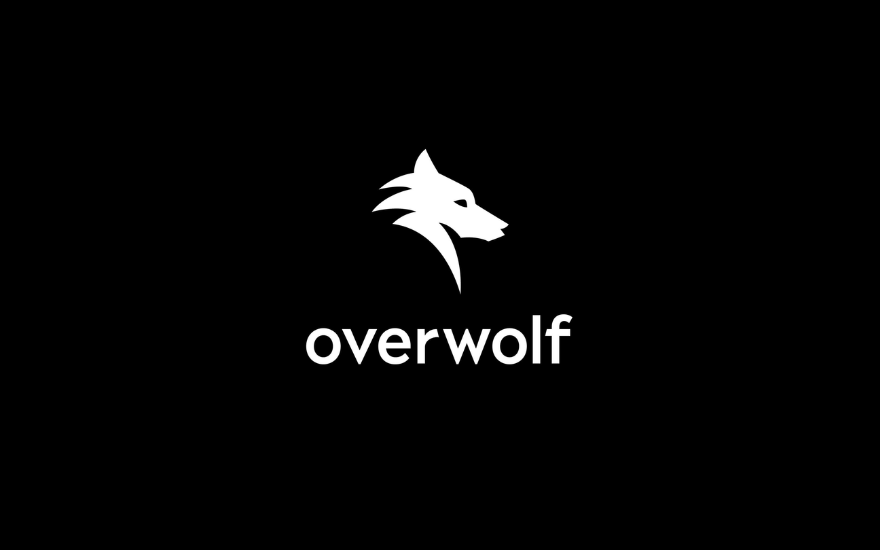Behind the Investment: Overwolf – The Backbone of the New Gaming Economy

The PC gaming world has a long history with mods, in-game apps, and other forms of UGC (User-Generated Content) that dates back to Castle Smurfenstein, a parody of the original Castle Wolfenstein game for the Apple II and Commodore 64 released in 1982. Fast forward to today and mods are responsible for some of the biggest commercial hits in gaming. For example Fortnite, which generated over an estimated $1B of revenue last year and was most recently valued at $28.7B, originated as a mod of Arma 2; Dota 2 (7.6M MAUs and >$1B lifetime revenue) and League of Legends (est. 2020 revenue of $1.75B) were originally launched from the popular Warcraft III mod, Defense of the Ancients, just to name a few.
While mods, in-game apps, and other forms of UGC have continued to develop in the 40 years since Castle Smurfenstein was released, UGC has only recently been streamlined in a way that enables creators to earn an income from their creations and developers to safely integrate mods in game. In this Behind the Investment, I’ll provide a brief overview on the history of UGC in gaming, why we think the time is now for the proliferation of UGC, and why we believe Overwolf is poised to power this new era of gaming.
What is a mod?
Gaming mods, at their core, are alterations of one or more aspects of a video game, from look and feel (e.g. characters, maps, gameplay rules) to complete overhauls (e.g. taking the technical foundation of a game and building an entirely new UI on top of it). For example, Dota 2 and League of Legends were both created via developers extracting their favorite native properties of Warcraft III (in both cases features centered around the game’s competitive multiplayer framework of hero levelling, experience points, and collecting items), and building new characters, storylines, and gameplay on top of them.
In addition to UGC in the form of mods, there’s also been a proliferation of socially connected ‘sandbox games’ built to thrive off of their user’s creating and sharing their own content. Insight invested in one of these early players back in 2005 with Jagex, the maker of Runescape. Runescape was one of the first massively successful free-to-play multiplayer RPGs (role-playing games) where players represented themselves with customizable avatars. Runescape did not have any linear storyline that players followed, but instead was built of users setting their own goals and objectives. In the years following Runescape’s success, other RPG games like Minecraft rose to popularity in the gaming community. Minecraft, which was first released in 2011 and eventually acquired by Microsoft in 2014 for $2.5B, is a virtual world where players could build their own structures with raw materials they ‘mined.’
Why in-game apps and mods have historically operated in a partisan way
In the pre-Overwolf days, building and using mods was a chaotic and unpredictable experience for both gamers and creators. For gamers, finding apps and mods to support or enhance their gaming experience meant searching for app-specific or one-off websites that were often limited in quality, scope, and had no guarantee they didn’t contain malware that would break their system or get them banned from a game. For creators developing apps and mods, their options were to either start from scratch or roll the dice with various open-source packages and hope they didn’t break or contain viruses; for those who got their creations to production, the act of building a user base and monetizing apps was even more difficult.
Overwolf and the UGC Economy
Enter Overwolf, the all-in-one platform that enables creators to build, distribute, and monetize in-game apps and mods as well as a marketplace for gamers to find, vet, and download content that enhances gameplay. For creators, Overwolf’s robust development engine provides features like real-time telemetry, software patching, in-game overlays, analytics, and publishing tools. Not only does Overwolf’s framework rapidly decrease creators’ time to production with their off the shelf components, plugins, and checklists, they also ensure optimal performance and compatibility with the games they’re built to supplement with real-time telemetry and testing frameworks. In addition, Overwolf handles the distribution and monetization of apps once they’re ready for production, which they release to their marketplace of over 18M monthly active gamers. In 2020, Overwolf paid out $10M to creators. For aspiring creators with big ideas, Overwolf even has a $7M investment fund they use to empower in-game creators to build their dream apps on the Overwolf platform.
Overwolf also recently launched CurseForge Core, a 'UGC-as-a-service' platform that provides an SDK for game developers that integrates into games themselves and functions as a gateway for users to discover and install mods in-game, across all platforms and storefronts. Overwolf believes in a future in which the gamer community can participate with the game developers to create new, moderated, and safe game experiences that will accelerate the community-created content movement.
In a world where games are increasingly free to play, we believe UGC is only going to continue to become more central to the entire gaming ecosystem of creators, players, and developers alike. With UGC everyone wins: gamers get in-game apps and mods that support their gameplay; the creators of these in-game apps and mods can get recognition or earn a sustainable income from their creations; and game developers level up their games by outsourcing content creation to talented and passionate gamers, maximizing shelf life and engagement. By bringing gamers, creators, and developers together, Overwolf is poised to benefit from network effects that will only get stronger with scale. As game developers increasingly come around to embracing UGC as both a direct revenue stream and reinforcer of their user’s engagement and retention, we believe Overwolf is powering an entirely new economy in gaming that’s just getting started.









